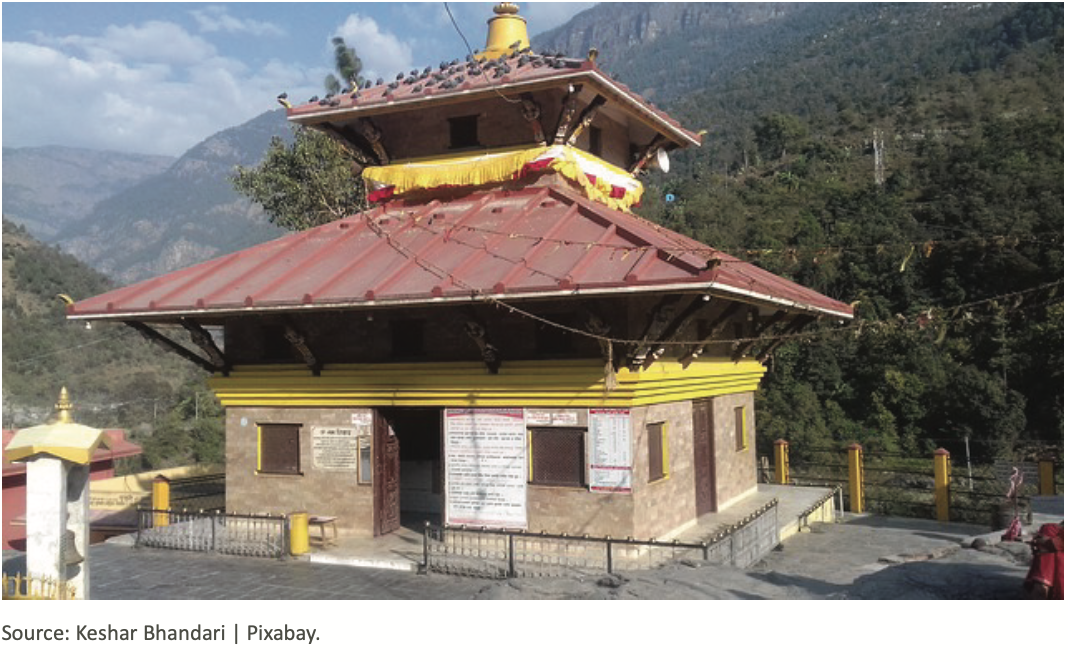
Nepalis are eager to assert their own identity in relation to their large neighbor, but the influence of Hindu nationalism is increasingly felt in the Himalayan country, with calls for the restoration of a Hindu state also linked to local developments, writes Santosh Sharma Poudel (Tribhuvan University, Kathmandu) in an analysis published in The Diplomat (December 9). With a population that is more than 80 percent Hindu, Nepal was declared a secular republican country in 2007 by the parliament, which was anchored in a new constitution passed in 2015 with the support of all the main political parties. But a small segment of the population has remained dissatisfied with this choice. Initially, demands that Nepal be made a Hindu state again were associated with aspirations for a return to monarchy, but the idea is now being advocated beyond royalist circles.

Facing popular dissatisfaction with Nepal’s long stretch of political instability, some leaders of secular parties have been playing the Hindu card. As noted by Kamal Dev Bhattarai in an earlier Diplomat article (September 1), one of the most striking examples is the chairman of the Communist Party of Nepal and former Prime Minister (2018 to 2021) K.P. Sharma Oli, who, eager to show his support for Hinduism, has worshipped at Hindu temples and donated government funds for Hindu places of worship. “Oli used Hindu nationalism instrumentally,” Sharma comments. In addition to such domestic factors as political leaders seeking support, citizens longing for a return to monarchy after being disappointed with the conduct of political parties, and people concerned about alleged conversions leading to the erosion of Hinduism, another factor in the rising calls for the restoration of a Hindu nation has been the influence of the ruling Hindu nationalist Bharatiya Janata Party (BJP) in neighboring India. BJP leaders have repeatedly stressed the Hindu identity of Nepal.